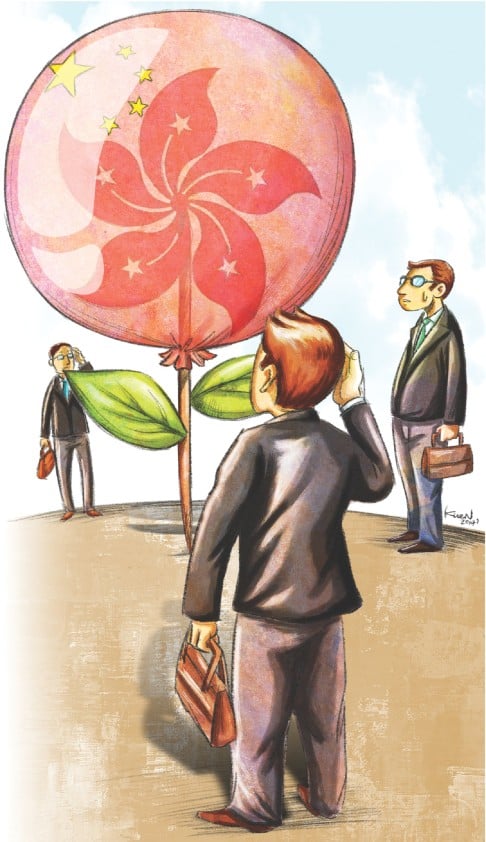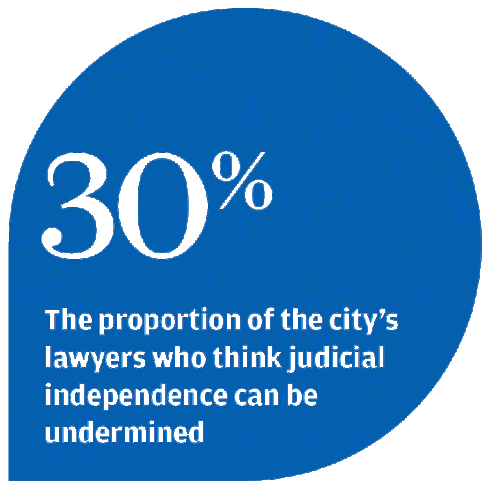The View | Hong Kong's end of history
Mainland decision on HK's version of democracy could compromise the city's Western-style legal system and judges culturally and politically

Whether most Hong Kong people know it, all the great promises and words were cancelled for this generation. Beijing cannot countenance any election system that disturbs the oligarchy of tycoons it has consigned the city and its people to.
The outcome has long-term ramifications for Hong Kong's society, business and economy. The city has arrived at a political and socioeconomic inflection point. Whether its residents realise it, Hong Kong has reached its own version of the end of history. Its political development is no longer exceptional; it cannot exceed the mainland's own pace. And that has changed everything.
Average citizens do not debate about what constitutes a democratic election system, but rather the inability of our government to deliver real improvements in the city's quality of life. Important problems like property prices, education and economic cartels may never be tackled in what has become Putin-style oligarchy. In the past, emigration from the city was driven out of fear of the unknown. Now, it will be driven by fear of the known.

Large-scale middle-class emigration to Vancouver began in the 1980s. Recent events only confirmed it was the right choice. The only way to secure a safe future is to hold a foreign passport whether you continue to do business in China. Living in Vancouver has become an increasingly attractive choice for Hong Kong people. The city is a Chinatown. The racial mix is greater than 50 per cent Asian and you do not need to speak English to live or do business there.
However, another vote before the decision by the Standing Committee of the National People's Congress demonstrated more ominous signs. Solicitors voted to unseat Law Society president Ambrose Lam San-keung in an historic no-confidence vote for his remarks backing Beijing's white paper on Hong Kong.
